Senior Secondary
News from Years 10 - 12

Senior Secondary
News from Years 10 - 12
The study of science plays a vital role in expanding our understanding of the world and its intricate workings. From deciphering the laws of nature to exploring the mysteries of the universe, science enables us to delve deeper into the wonders of God's creation. The study of science in VCE does not just enable students to acquire knowledge and skills but reveals God’s nature and His creation to them on a deeper level. There are 5 key benefits of studying Science in VCE:
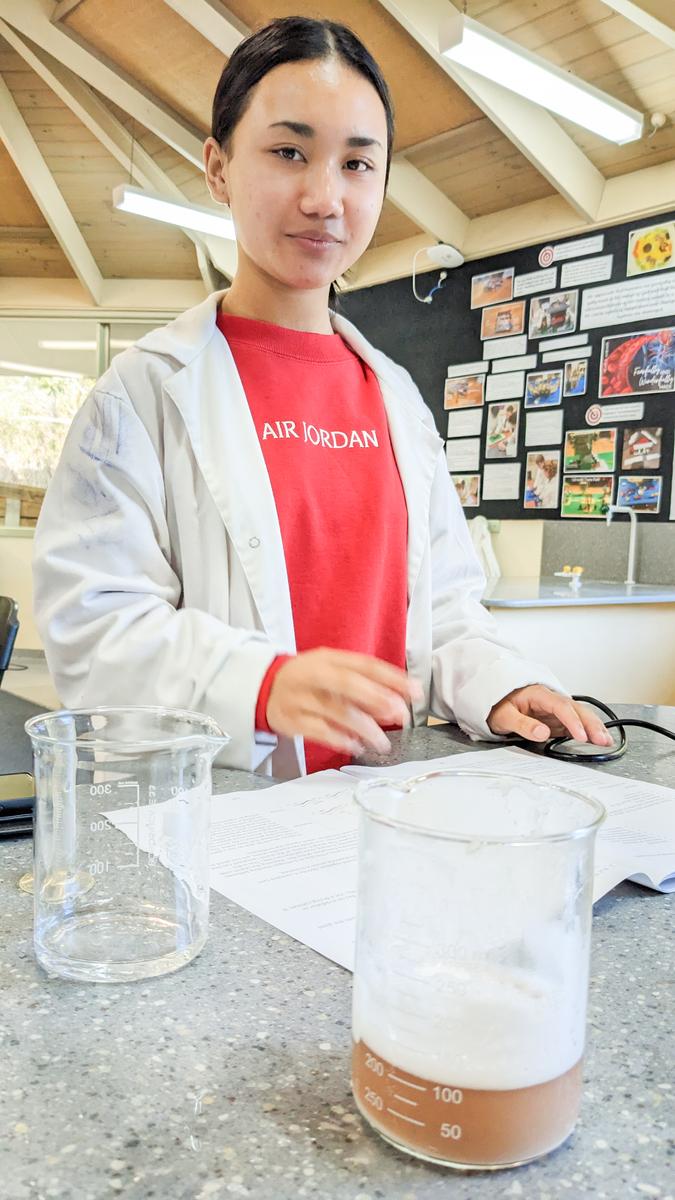
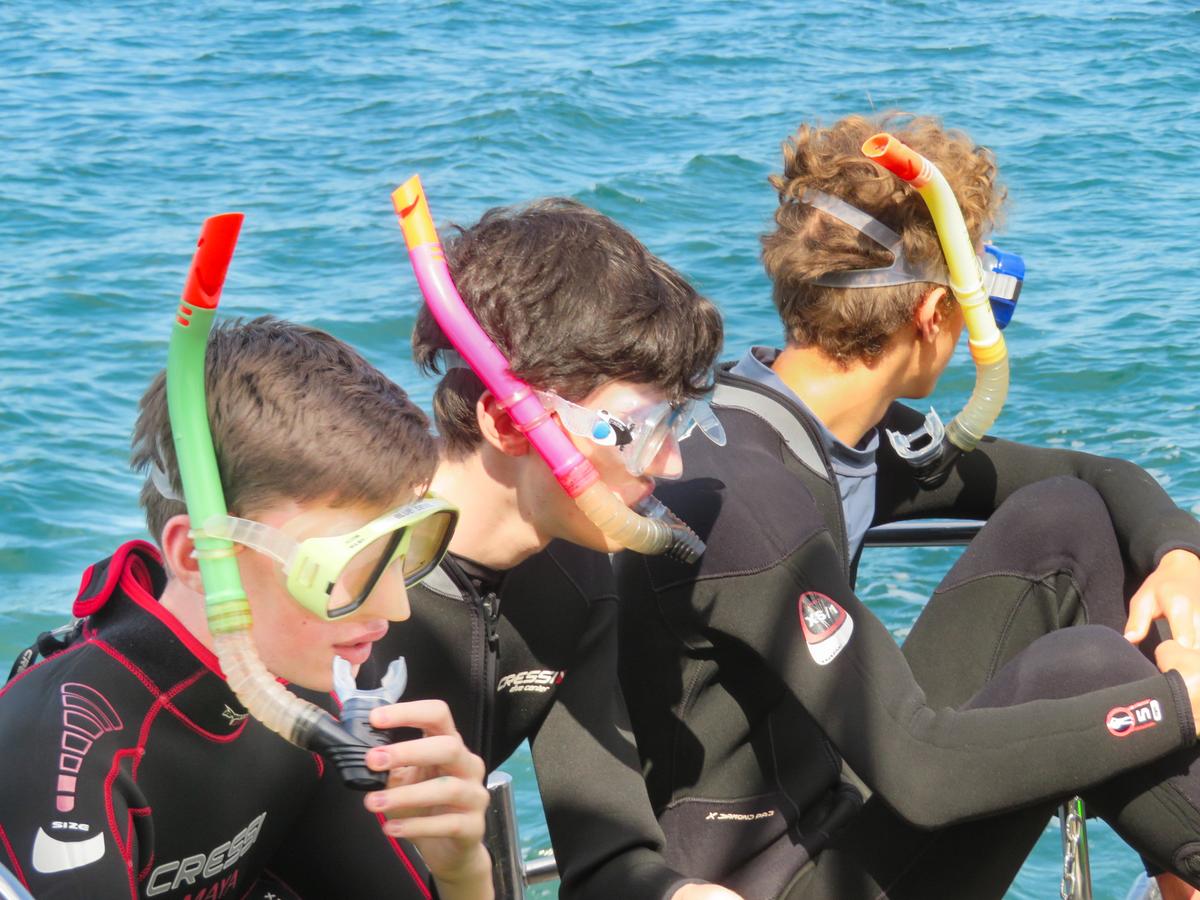
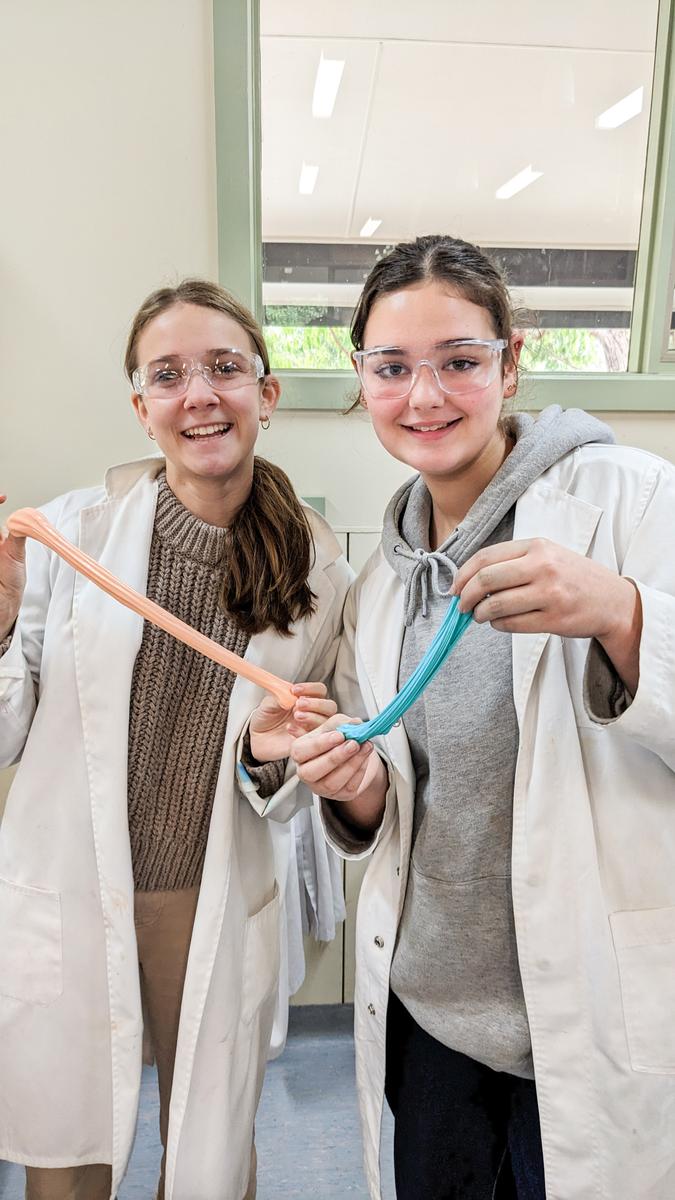



1. Embracing God's Creation
As Christians, we believe that God is the creator of the universe, and everything in it reflects His divine handiwork. Studying science allows us to observe and appreciate the intricate design and order present in nature. Through scientific inquiry, we can uncover the underlying principles that govern the natural world, gaining a deeper appreciation for the wisdom and complexity inherent in God's creation as well as revealing God’s own character (Romans 1:20).
2. Pursuing Truth and Knowledge
Christianity encourages the pursuit of truth in all areas of life. Science offers a unique platform for exploring and uncovering truth about the physical world. By studying science, students engage in systematic observation, experimentation, and critical thinking, fostering a commitment to seeking truth and understanding the principles that govern the universe.
3. Developing Critical Thinking Skills
Science education in VCE equips students with essential critical thinking skills. It encourages students to question, investigate, and analyse information, developing their ability to evaluate evidence and draw reasoned conclusions. These skills are crucial not only for scientific pursuits but also for everyday life. A Christian perspective further emphasises discernment and a thoughtful approach to examining scientific claims in light of biblical principles.
4. Ethical Considerations and Stewardship
Christianity calls believers to be responsible stewards of the Earth and its resources (Genesis 1:28). Studying science provides insights into the environmental and ethical implications of human activities. It encourages students to consider how scientific advancements can impact society and the environment, prompting thoughtful reflection on our role as caretakers of God's creation.
5. Recognising Limitations and Appreciating the Divine
While science seeks to unravel the mysteries of the universe, it also acknowledges its limitations. Science focuses on the observable and measurable aspects of reality but cannot address metaphysical or spiritual questions. A Christian perspective helps students appreciate the intrinsic value of faith and recognise that science, while invaluable, cannot provide all the answers. It fosters humility and a deeper reverence for God's wisdom and sovereignty (Psalm 33:8-9)

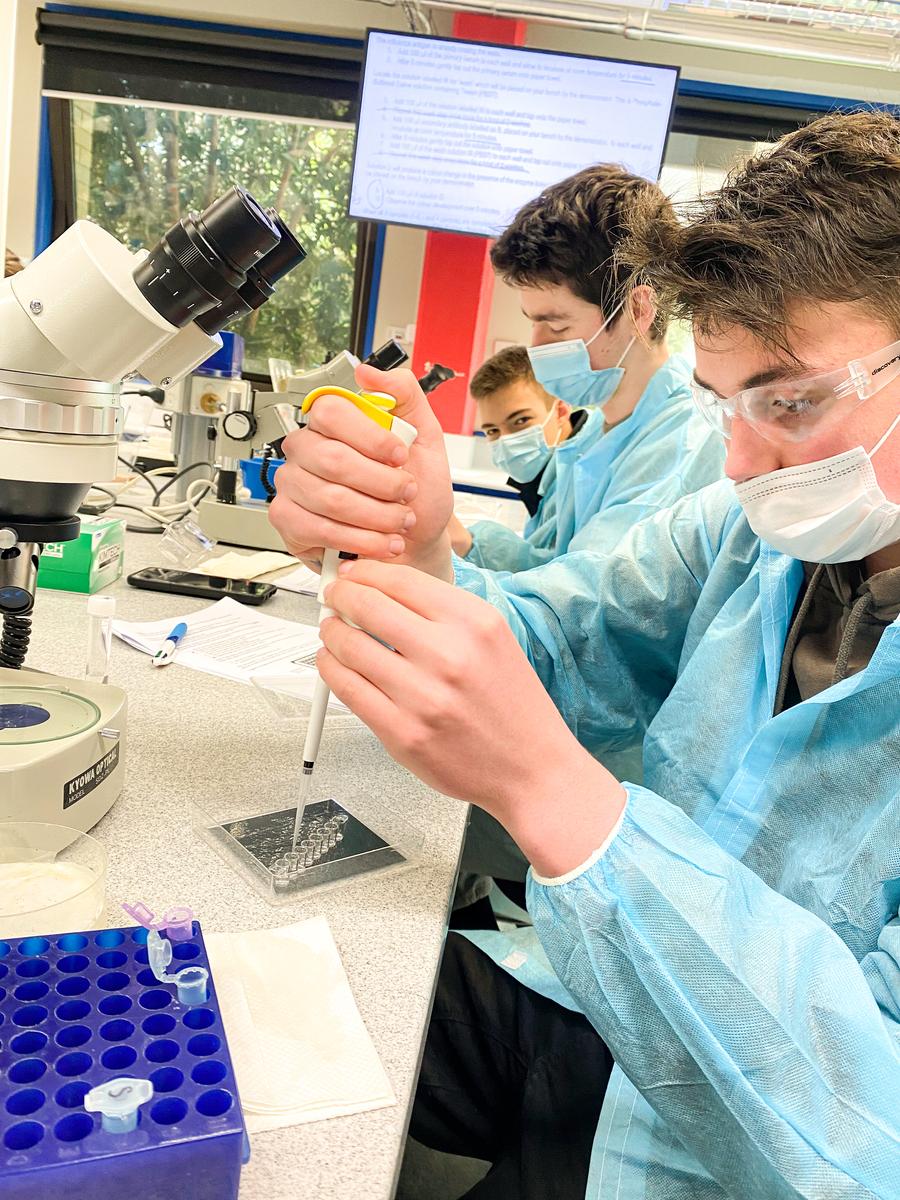
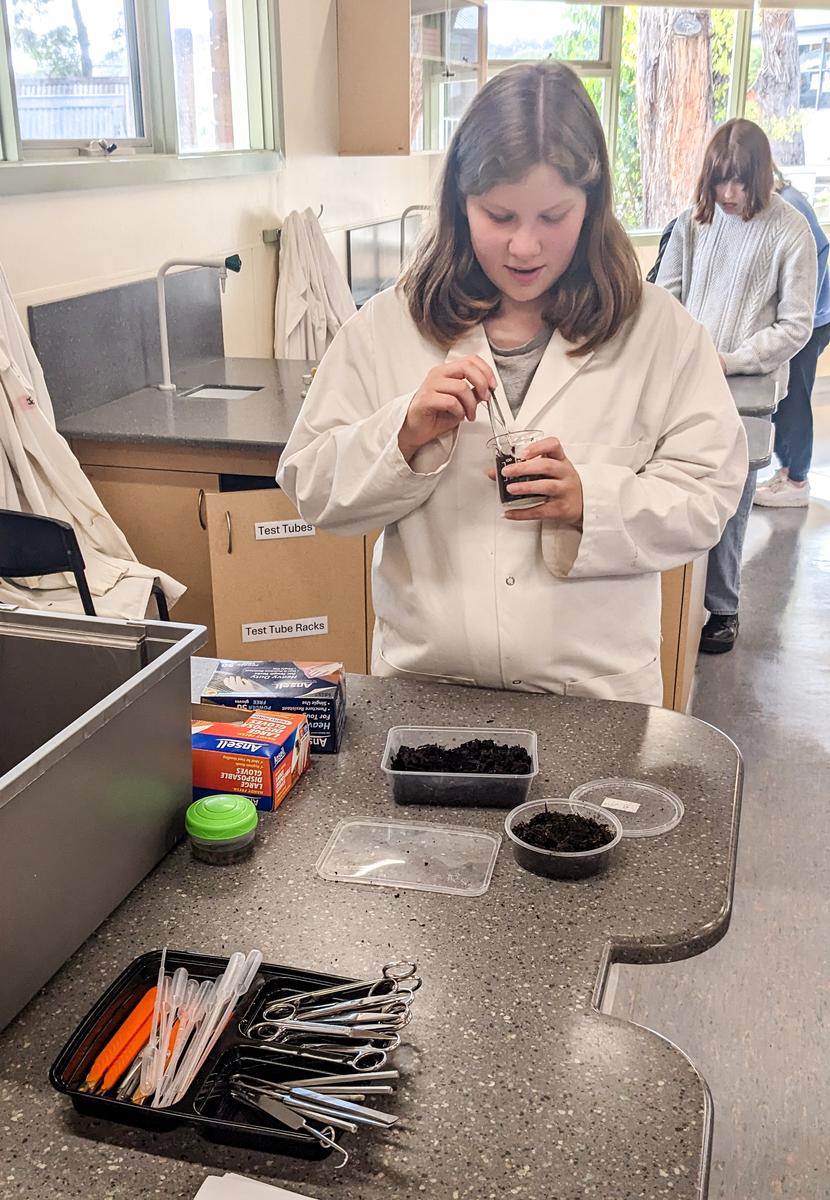
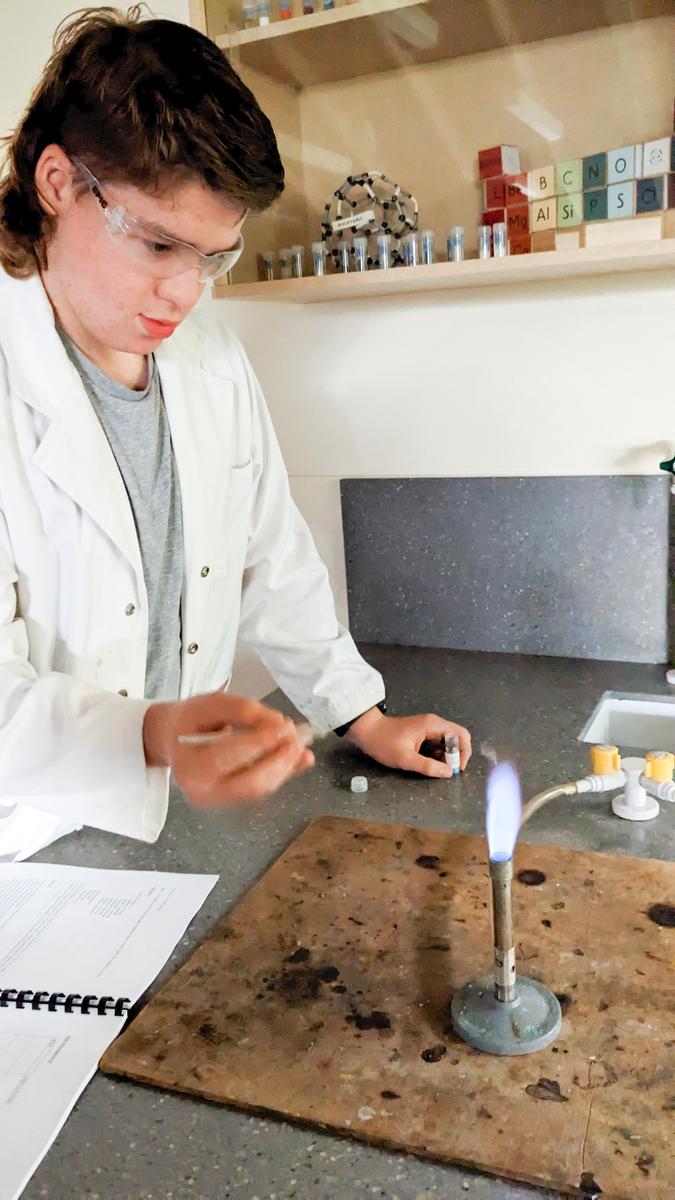
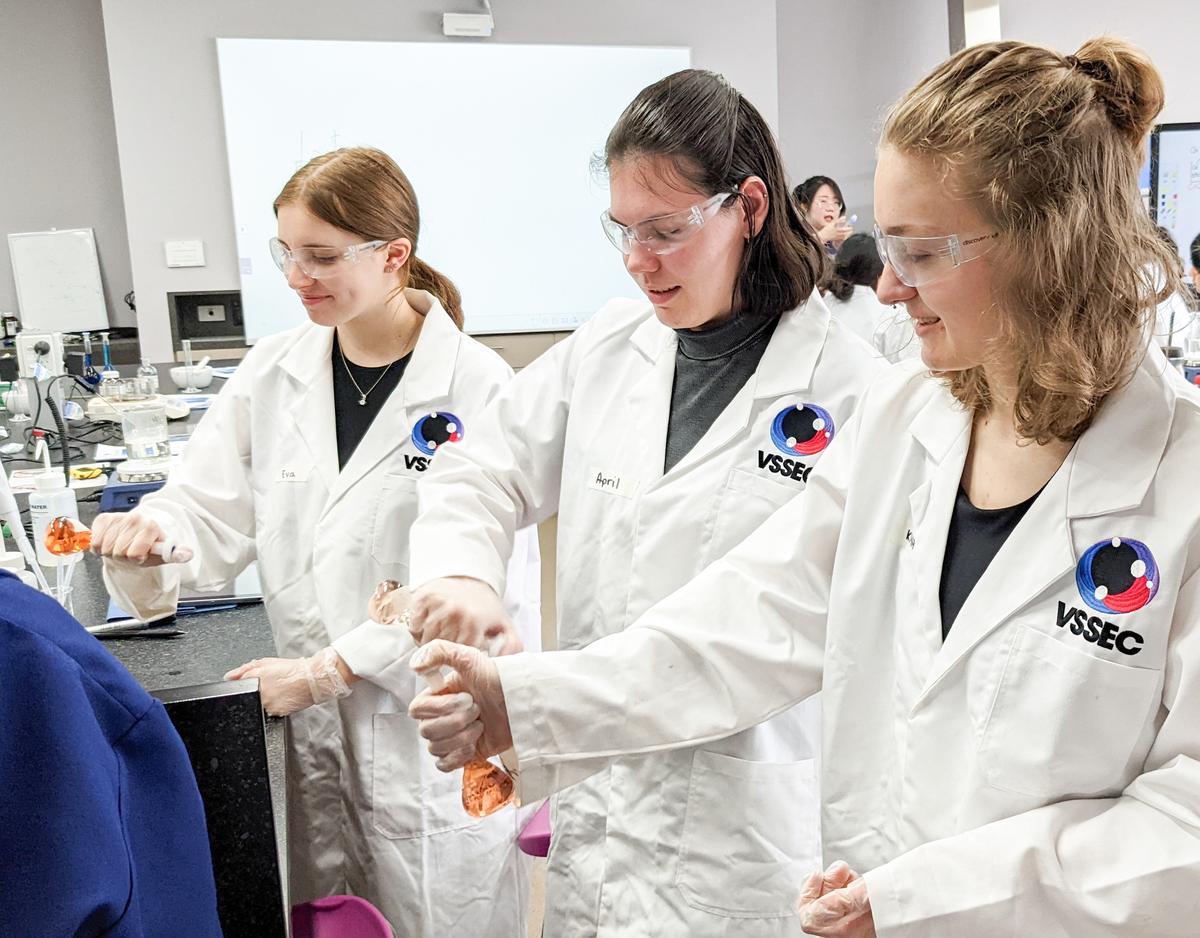
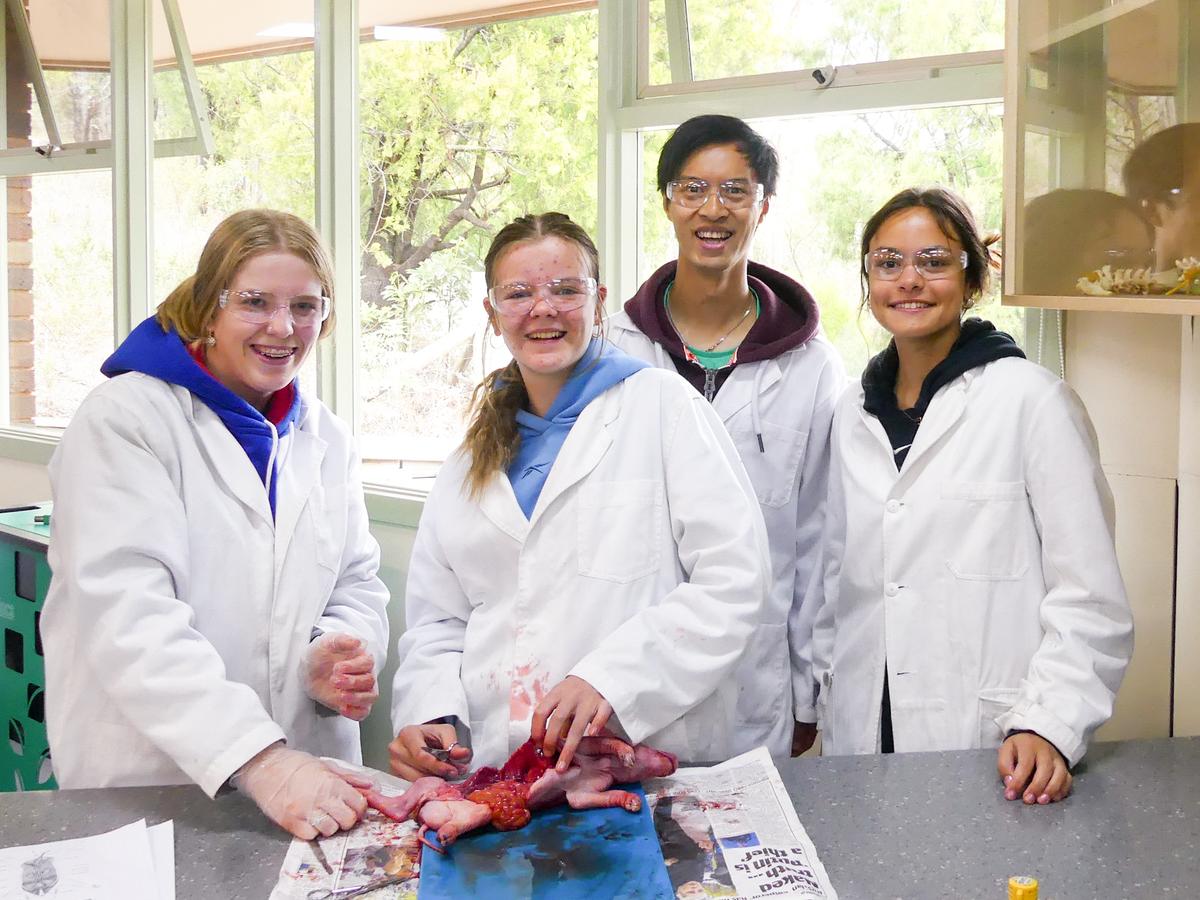






Studying science in VCE, when approached from a Christian perspective, offers students a holistic understanding of the world, blending scientific inquiry with spiritual insights. It encourages the pursuit of truth, critical thinking, ethical considerations, and a deeper appreciation for God's creation. By integrating faith with scientific knowledge, students can navigate the realms of science and faith with wisdom, humility, and a greater understanding of God's intricate design. Ultimately, studying science in VCE can be a transformative experience, nurturing both intellectual growth and spiritual development.
Emma Allison
Science Faculty Leader, Chemistry & Science Teacher